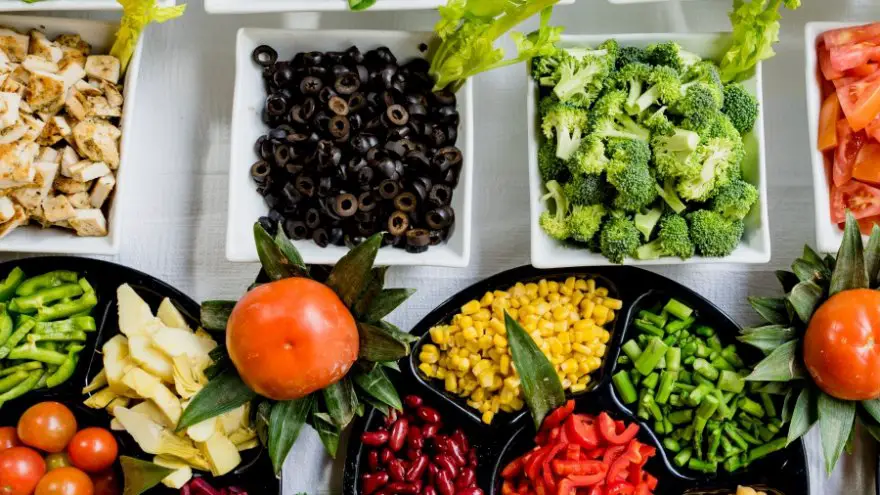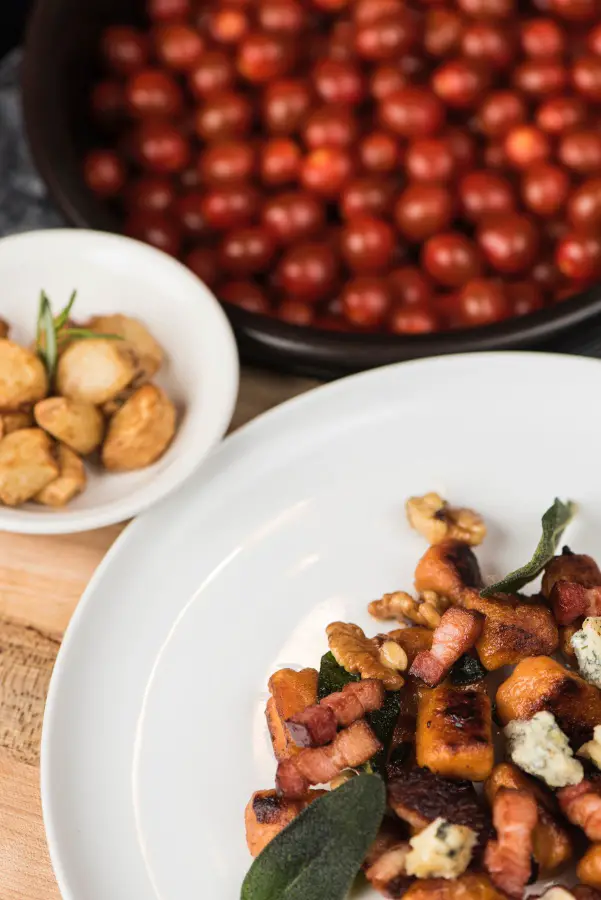Dealing with a Picky Eater

Some kids are just plain picky eaters. It doesn’t mean you have to force them to eat but at times they are growing and are not hungry and when they reach their designated height, they eat to catch up. It all starts when they try their first solid foods. Now the experts suggest starting with vegetables first because they are not very sweet so toddlers won’t frown after they try fruits first. Some babies don’t like the tart tastes of fruits and prefer the bland taste of cereals with fruit like bananas mixed in. Some babies prefer sweet potatoes over peas. There are many natural baby foods on the market now but the best way to feed your child is to purchase a baby bullet and make your own baby food. This helps with the grocery bill and also your baby can taste exactly what you like. Just remember to follow the rules for introducing solid foods no matter what choice you make with choosing baby food.
Some kids eventually graduate to snacking on foods like raw carrots and hummus, while other kids like carbs. Kids like the bland taste of a white diet of regular pasta, rice, and cereal. Then how come so many kids are picky about what they eat? There are a variety of reasons for this and don’t fret when mealtimes become a battle. Many studies were done that occurred in the 1990s and these studies revealed that these picky and fretful eaters had eating habits that were affected from personality, control by parents during meals, social influences and maternal eating patterns. It’s easier to say that kids are just being kids. This is normal to have a picky eater and when you make a big deal about it or force your child to eat healthier, this discourages your child to eat. Instead, you are creating a child who will challenge your wits at mealtimes.
Parents with anxiety don’t help the situation because it’s better for the child to learn by the example your family sets. You have to be more positive when introducing new food and show your child that you think the food is good when you ask them to try it.
Children that are picky eaters don’t end up becoming obese when they reach adulthood. Some adults are picky eaters and remain so for life and they are happy and healthy. You still have to make sure that your picky eater isn’t being too extreme because if they are not getting enough good nutrition, this can lead to major problems like severe nutrient deficiencies and other related problems.
This is why it is important for your kids to learn to have a healthy relationship with food as young as possible. You don’t want your child to have eating disorders in later life. In order to avoid fretting over the dinner table and help your kids learn how to enjoy their healthy food here are a few tips for parents to know.
You might say “eat 4 peas and you don’t have to eat any more peas for dinner!” The argument is not really about the peas, it’s more about the power of who’s in control of the food. Another problem might be is your child just hates the taste of canned peas. The main problem stems from the child wanting to be able to control their own food likes and dislikes.
 A toddler’s job is to be in control as frustrating as it might be. They want to walk when they want, talk when they want and even decide if they want to try the potty or not. Controlling the food they want to eat and when to eat is is just another boundary they are setting for mom and dad. Parents also want to control what their child eats and when.. Parents feel responsible to feed their children healthy foods and start to become very nervous when they are not winning this game. The child can sense the parents anxiety and know when to push the buttons at mealtime because they know their parents are worried. Thus the struggle is on!
A toddler’s job is to be in control as frustrating as it might be. They want to walk when they want, talk when they want and even decide if they want to try the potty or not. Controlling the food they want to eat and when to eat is is just another boundary they are setting for mom and dad. Parents also want to control what their child eats and when.. Parents feel responsible to feed their children healthy foods and start to become very nervous when they are not winning this game. The child can sense the parents anxiety and know when to push the buttons at mealtime because they know their parents are worried. Thus the struggle is on!
Power struggles are not good because the child gets the wrong idea about food. When kids say no to certain foods and the parents start pushing the issue, this can become quite the negative experience. Parents start to barter with dessert which doesn’t really work anyways. Parents are then putting more value on junk food than on the nutritious food. The kid knows they have to eat good food in order to get the treats but parents are teaching them that they should really like the treat more than the healthy vegetable.
There is another problem parents fall for. Kids are hungry and grouchy around dinnertime and the child says they don’t like the food item and instead of talking about it, parents give in just to get the mealtime over with. Kids are still learning about what they like and dislike with taste until they reach the age of 5. Kids then become more predictable with food, their likes, and dislikes. The problem is parents are still going to hear the whiny “I don’t like it” phrase, and therefore this phrase is stuck in both parents and child’s minds.
Tips for getting rid of this never-ending power struggle
Parents should learn to share responsibility with their children when it comes to eating. Parents are the ones in charge of making the meals until the child is old enough to help. Parents are the ones who buy the groceries and prepare the meal list for the week. There are many families who have kid foods for dinner for their children and adult food for the parents. Most kids tend to like chicken nuggets, grapes, apples, nuts, mac n cheese, pizza and tacos to name a few. Some kids love pasta as well and are not so picky so many larger families sometimes cook two different meals that they can share with the kids and themselves. This way everyone is getting what they enjoy and are eating a healthy meal. Parents also decide when their kids can have some snacks after mealtime and before bed. Kids are the ones that decide how much they can eat and whether they are hungry or not. Remember parents stomachs are a bit larger than toddler’s stomachs so they are not going to eat as much as we do. It’s also important to start teaching your toddler to use a utensil by the age of 2. This way they are interested in eating and can start using their fine motor skills and learn not to get food on their clothes. This also helps in the battle of the picky eater. The child feels more in control using a utensil that is safe for use.







